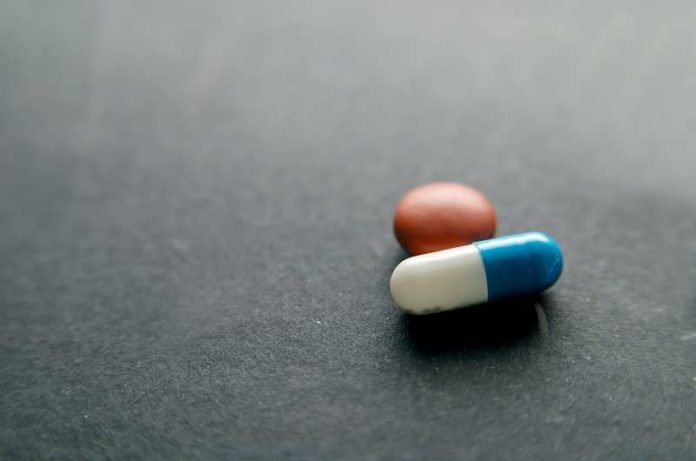A Danish prospective cohort study found that patients who took rivaroxaban after suffering an unprovoked venous thromboembolism (VTE) were less likely to have a recurrent VTE than patients who received warfarin.
Venous thromboembolism (VTE) refers to two different disease states: deep vein thrombosis (DVT) and pulmonary embolism (PE). A DVT, which can present as swelling, redness, and pain, normally occurs in a single leg when a blood clot forms inside a vein. When this clot breaks free, it can travel to the lungs and cause a PE, a life-threatening condition. Symptoms of a PE include shortness of breath and chest pain worsened by breathing. A VTE is said to be provoked when a patient has certain risk factors such as recent major surgery, fracture, or trauma; pregnancy; cancer; or prolonged periods of immobility.
Historically, VTE has been treated with warfarin, heparin, or low-molecular-weight heparin (LMWH). Warfarin is a vitamin K antagonist that prevents the body from synthesizing several clotting factors; heparin and LMWH cause a molecule, called antithrombin, to remain in its activated state. Antithrombin naturally counteracts the effects of several clotting factors. Newer agents, like rivaroxaban, apixaban, and dabigatran, directly target specific clotting factors. Rivaroxaban and apixaban inhibit factor Xa; dabigatran inhibits thrombin. Patients taking warfarin need to be monitored and receive regular blood tests to ensure adequate dosing. Since it can take several days to achieve its full blood thinning effect, warfarin is usually bridged with LMWH or one of the newer agents. All blood thinners increase the risk of bleeding.
Researchers at Aalborg University Hospital recently completed a cohort study that compared recurrence of VTE–a major clinical concern–in patients taking rivaroxaban or warfarin. The results of this study were published in The Lancet Haematology. Investigators used data from Danish health registries to identify patients with unprovoked VTEs who were new users of warfarin or rivaroxaban and filled a prescription for either drug 7 days after being discharged from the hospital. Patients were excluded if they had any risk factors for developing a VTE, had not lived in Denmark for at least 1 year, or had only an outpatient diagnosis of VTE. The main efficacy outcome studied was recurrence of VTE and the main safety outcome was occurrence of bleeding.
A total of 5004 patients were included in the study (1751 taking rivaroxaban, 3253 warfarin). Overall, patients taking rivaroxaban experienced shorter hospital stays and significantly fewer VTE recurrences. Patients taking rivaroxaban were 26% less likely to develop another blood clot. Forty-seven patients experienced bleeds, and 125 died within 6 months. Bleeding was more common with rivaroxaban, but the risk of developing a bleed was not significantly greater. There was no significant difference between mortality in either group.
Researchers used a large sample size; however, all patients were from Denmark, limiting extrapolation to other populations. In addition, researchers did not have access to data on patient lifestyle factors that could increase the risk of VTE. Also, because this is a cohort study, it does not have the robustness of a controlled clinical trial. The results help to confirm those of previous Phase 3 trials and reinforce the idea that rivaroxaban is a safe and effective alternative to warfarin in the treatment of VTE.
Written By: Corey Cunningham, PharmD



